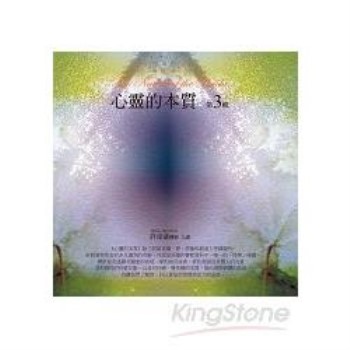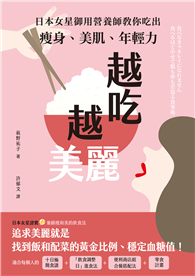"Perfect Peggy: A Woman’s Duty" is a captivating tale that provides a glimpse into the lives of women in 1950s North America. Set against the backdrop of a society heavily influenced by government and television executives, the story delves into the pursuit of an idealized "perfect family" - complete with flawless wives, children, careers, and neighbourhoods.
At the center of the narrative is Peggy, a young woman driven by the desire to conform to these societal expectations by finding the perfect partner, raising ideal children, and residing in an impeccable neighbourhood. The story closely follows the lives of Margaret (Peggy) Ruth Plumpton and George Herbert Graham, who initially embody the picture-perfect life. However, as the story unfolds, the facade of perfection is slowly dismantled, exposing the harsh realities of depression, alcoholism, and the impact of prescribed drugs. Through its compelling storytelling, "Perfect Peggy" raises thought-provoking questions about breaking the cycle of violence that transcends generations and the sacrifices required to achieve societal ideals. It prompts reflection on whether these sacrifices are willingly made or imposed upon individuals.The 1950s were a time of economic prosperity, suburbanization, and traditional values in North America. However, behind this image, domestic violence and alcoholism were widespread issues with profound effects on individuals and families. This essay will delve into the causes and consequences of domestic violence and alcoholism during this era. Societal expectations and gender norms often fueled domestic violence in the 1950s. The strict gender roles and expectations placed on women made them vulnerable in the domestic sphere. Women were expected to be submissive and docile, while men were expected to dominate and control, leading to a power imbalance within relationships and contributing to domestic violence. Moreover, the cultural emphasis on the importance of family and the nuclear family unit meant that there were few resources and little support available for victims of domestic violence. The stigma surrounding divorce and separation also discouraged victims from seeking help or leaving abusive situations. Although certain music has been chosen for the production of the play, the universal theme invites music from different generations and communities. This is a true story.











